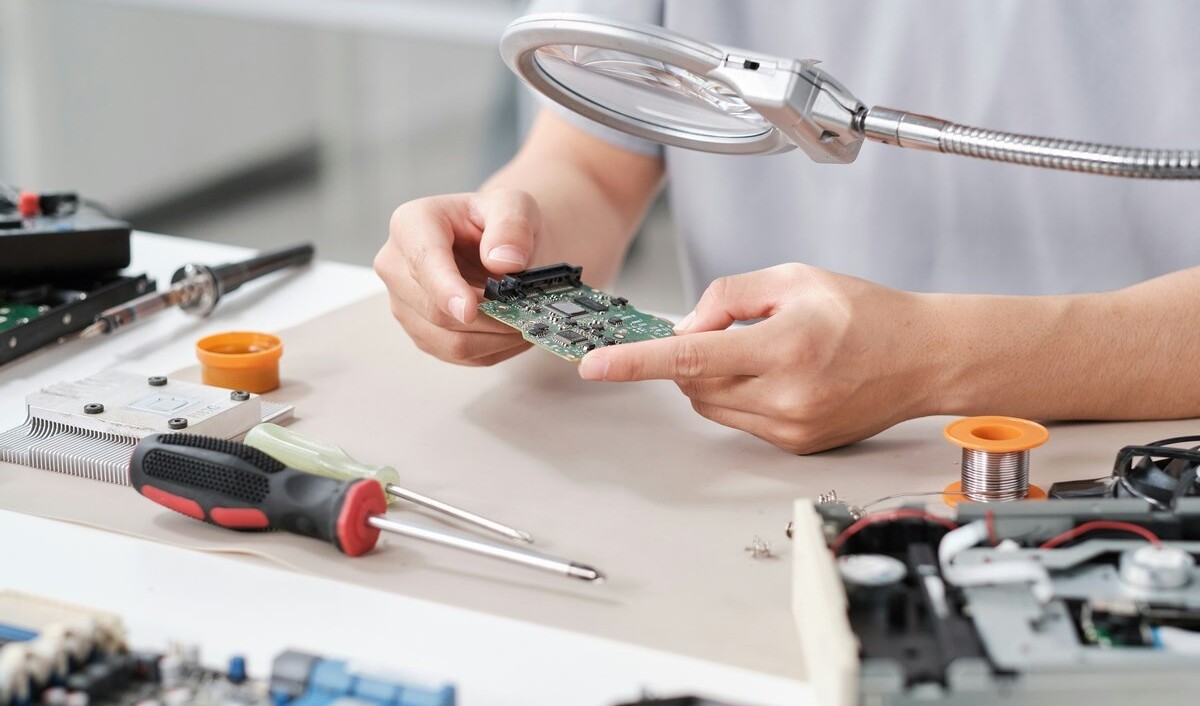
The right to repair movement has achieved a major milestone as Wisconsin became the final state to introduce repair-friendly legislation, marking complete nationwide coverage of the initiative. This development represents a dramatic shift from what was once considered a niche campaign to a mainstream consumer rights issue.
Currently, six states - Massachusetts, New York, Minnesota, Colorado, California, and Oregon - have successfully enacted right to repair laws. These laws require manufacturers to provide repair parts, manuals, and remove software restrictions that prevent independent repairs. An additional 20 states are actively reviewing similar proposals.
"Now that Wisconsin filed their first Right to Repair legislation, we've completed the sweep of getting bills filed in all 50 states. Our legislative map no longer has any blanks," said Gay Gordon-Byrne, Executive Director at Repair.org.
The movement has gained substantial momentum despite initial resistance from major manufacturers who cited concerns about cybersecurity, intellectual property, and safety risks. Support has grown as consumers increasingly voice frustration over restricted repair options for their devices and equipment.
In response to mounting pressure, industry giants have begun adapting their policies. Apple launched a self-service repair program, while John Deere has made allowances for farmers to repair their equipment. However, advocacy groups maintain these changes are insufficient, as many companies still maintain tight control over repair tools and software.
"Americans are fed up with all the ways in which manufacturers of everything from toasters to tractors frustrate or block repairs, and lawmakers are hearing that frustration and taking action," explained Nathan Proctor from the Public Interest Research Group.
Kyle Wiens of iFixit sees this nationwide legislative presence as a watershed moment: "We've gone from a handful of passionate advocates to a nationwide call for repair autonomy. People are fed up with disposable products and locked-down devices. Repair is the future, and this moment proves it."
While not all proposed bills have passed, the movement's expansion across all states indicates growing recognition of consumers' right to repair their own devices and equipment. The development suggests a shifting landscape in consumer rights and manufacturer responsibilities, with repair-friendly policies gaining increasing support nationwide.